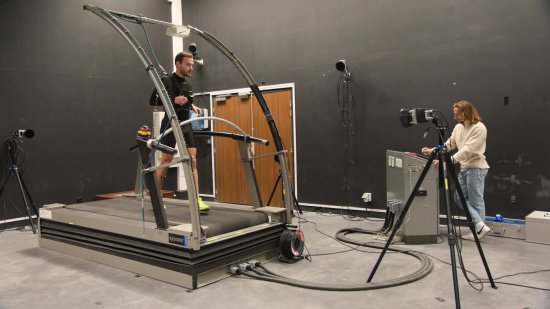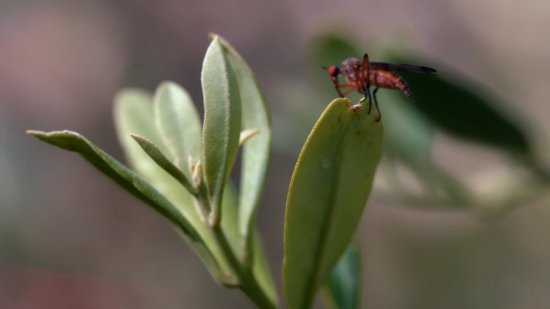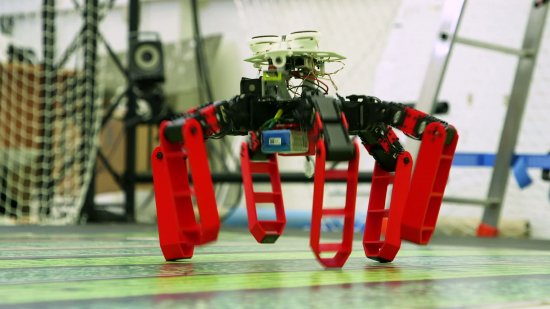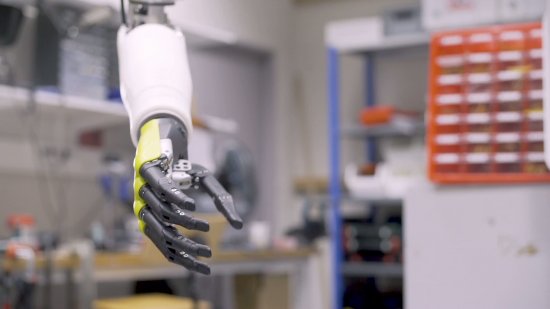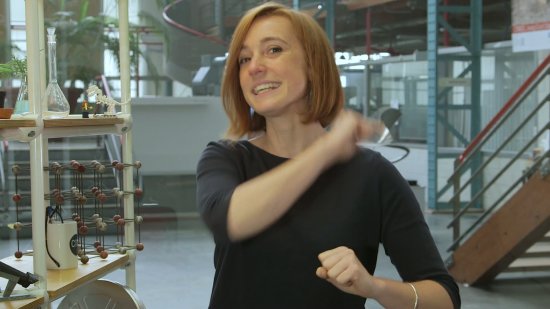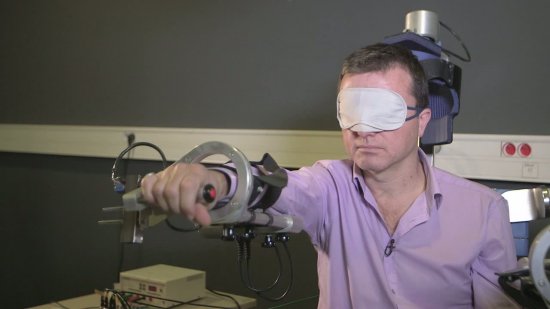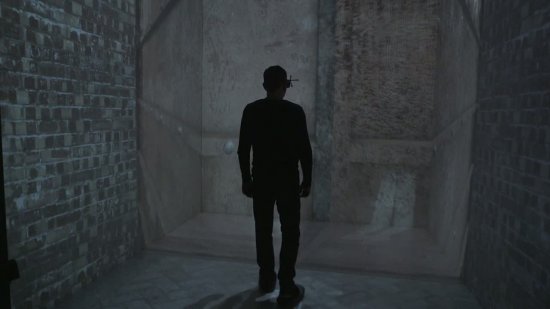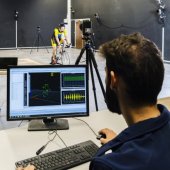
Institut des sciences du mouvement - Etienne-Jules Marey (ISM)
MARSEILLE CEDEX 09
The ISM has developed a renowned expertise in the multidisciplinary approach to the mechanisms underlying complex motor behavior and cognition, physiology, sociology and biomechanics. He also has expertise in the field of virtual reality, biomimicry and biorobotics. ISM focuses on the study of movement from different scientific approaches. The laboratory’s main area of research concerns the study and modeling of human movement.
